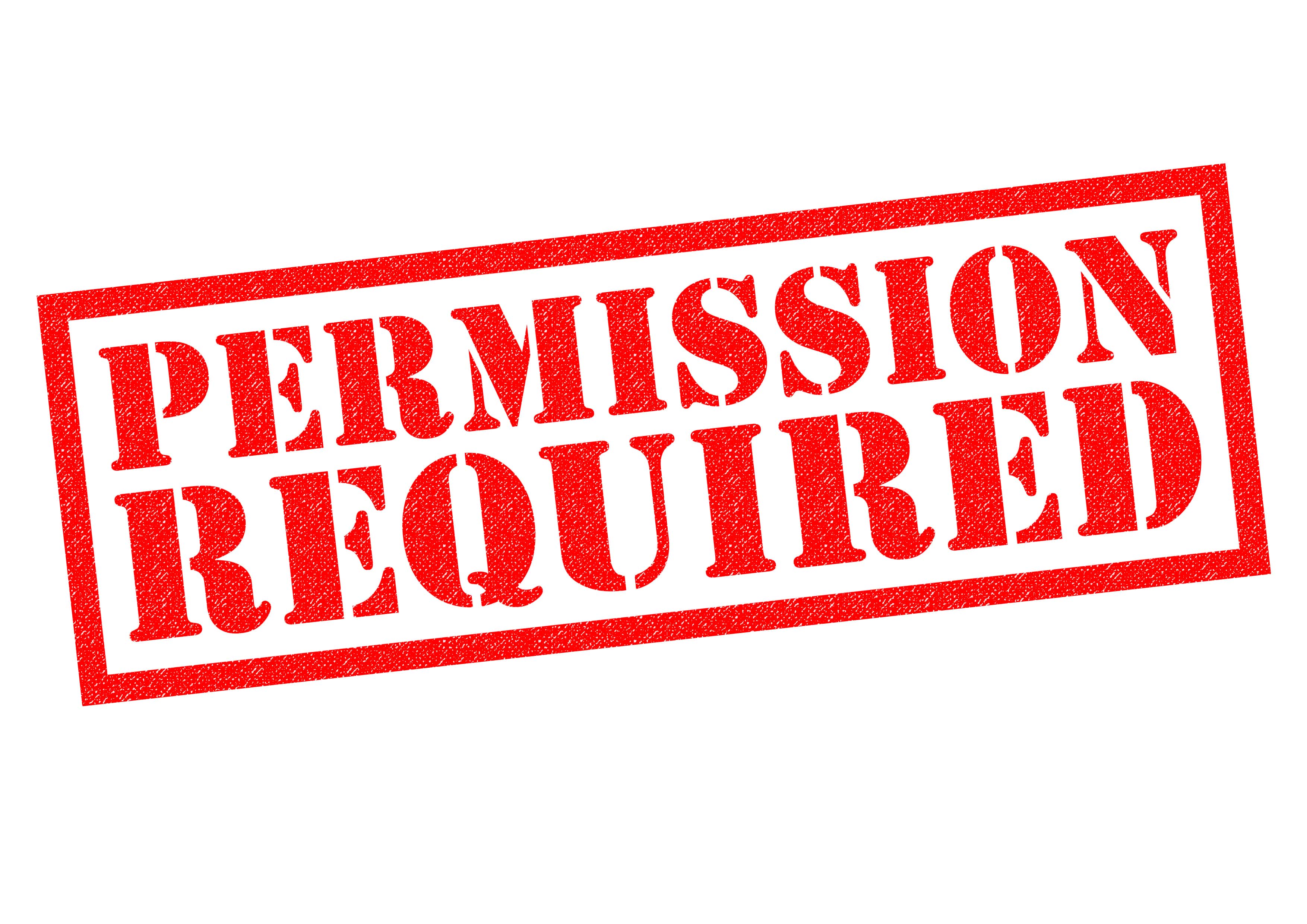Permission is the enemy of speed.
Everyone knows this. But I think what’s less discussed is the negative psychosomatic effect that permission has.
Just knowing that you have to ask permission adds a certain friction that makes everything a bit slower.
You have to think about the mood of the reviewer. You have to think about their availability. And you inevitably spend time wondering what the permission roadblocks are going to be. Even if a permission process normally happens quickly and efficiently, there are so many variables brought in that create mental friction for the creative.
That mental deadweight disappears with the disappearance of unnecessary permissioning. The total amount of time to create may not even significantly change with the de-permissioning of something. But, importantly, the total perceived amount of time to create does shrink, giving the creative person a serious morale boost and mental freedom.
For me, knowing that I don’t have to report hours or ask permission for overtime means I’m more likely to work longer. And knowing that I don’t have to ask permission to publish these blog posts means I find fewer excuses not to publish these every night. I don’t have to think about anything but the resistance to creativity that’s already there.
Don’t put up any more walls if you don’t have to – and (even if your permission processes are efficient) take a hard look to see if you can remove them. You’d be surprised by what a gift of speed de-permissioning can be to yourself and your colleagues.




